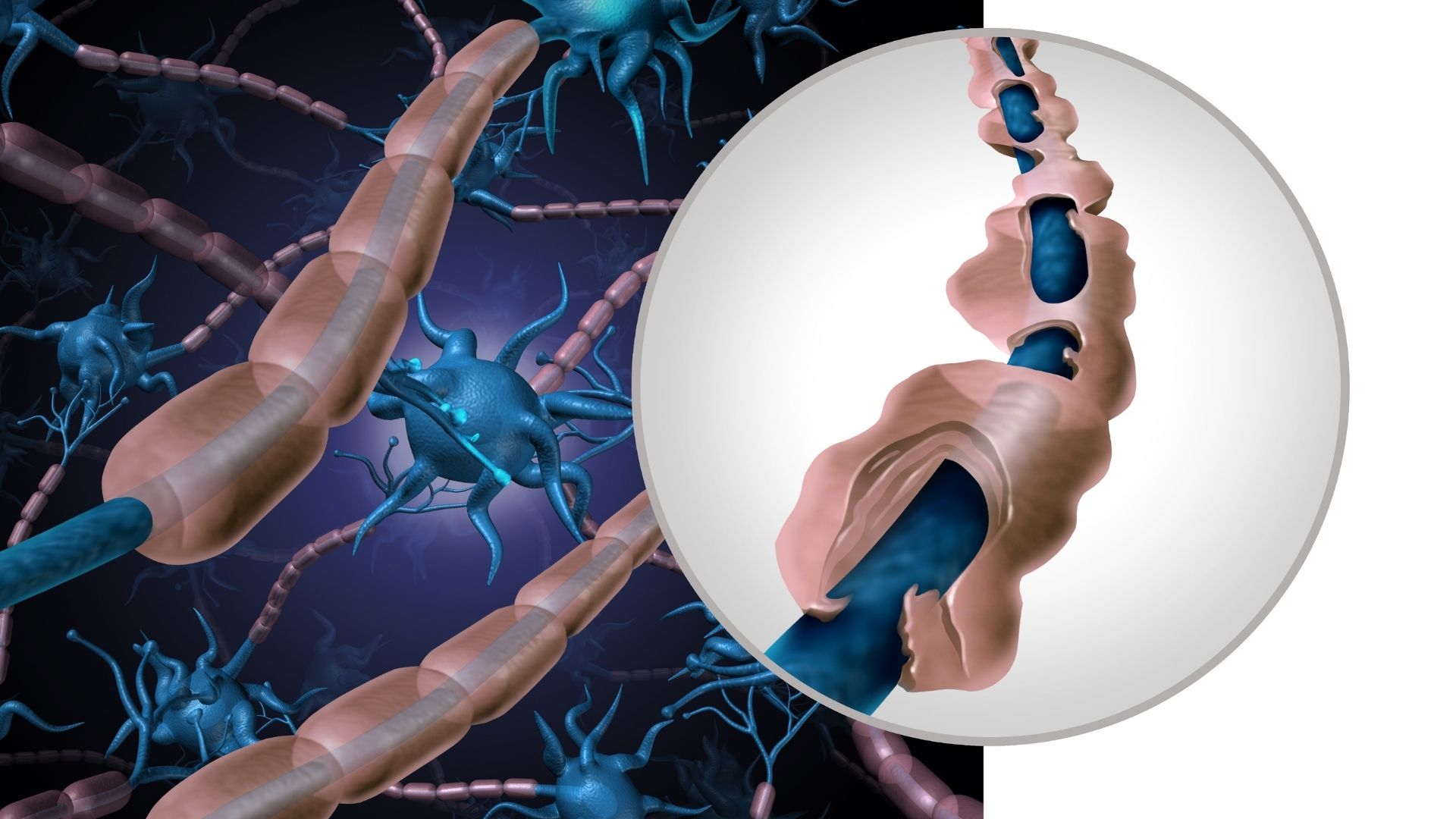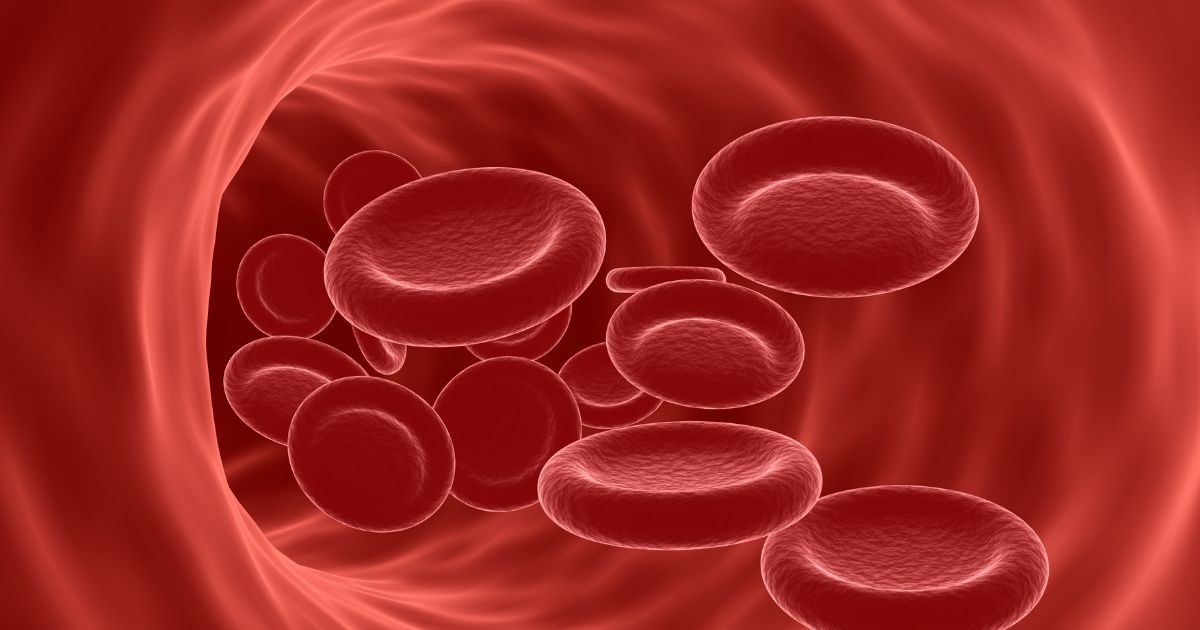What is MS (Multiple Sclerosis)?
Multiple Sclerosis (MS) is a chronic nervous system disease that occurs in the central nervous system. It is caused by a problem with the body’s immune system. Normally, the immune system recognizes its own cells while protecting the body against threats from outside. However, in MS, the immune system starts attacking nerve cells in the brain and spinal cord, which are part of the central nervous system.
The nerve cells transmit electrical signals that enable movement, coordination and other functions of the body. There are special sheaths called myelin that protect these nerve cells and help them to function. When the immune system attacks the myelin sheaths, lesions called “plaques” form in the damaged areas. This can cause impairments in functions such as walking, speech and vision during periods called MS attacks.
MS attacks can occur in periods of varying duration and severity. Each patient has a different duration and frequency of attacks. However, the myelin layer can regenerate itself, so patients can usually return to their daily lives. MS is not a life-threatening disease. However, some patients may develop problems such as loss of mobility and cognitive impairment later in life. Although there is currently no definitive treatment for MS, early diagnosis and doctor-supervised measures can reduce the effects of the disease.
How does MS (Multiple Sclerosis) progress?
Multiple Sclerosis is a disease of the central nervous system (brain, cerebellum, brain stem and spinal cord). The name of this disease comes from lesions in more than one area of the brain. The central nervous system transmits electrical signals throughout the body. These signals are produced and transmitted by nerve cells with long thin arms. There is a special tissue, myelin, that protects these nerve cells and helps them to perform their tasks.
In people with MS, the axon (the thin long arm of a nerve cell) and the myelin layer can be damaged in different areas, which can interfere with neural communication. This damage can lead to problems with vision, speech, balance, walking and other functions.
MS is more common in adults between the ages of 20 and 40. People outside this age range are less likely to have MS. MS tends to be more common in northern regions and has been linked to environmental factors such as vitamin D deficiency, which is associated with exposure to sunlight.
MS can be a disease with or without attacks. Attacks can be recognized in 85% of patients. Attacks are characterized by symptoms such as weakness, especially in the trunk, face, arms or legs, visual disturbances or balance problems and usually last for 24 hours. People with MS may have different attack durations and attacks may occur at different time intervals.
True attacks usually show symptoms for 24 hours. If left untreated, attacks can last between 4 weeks and 2 months. If the person has not experienced such attacks before and the attacks last longer than 24 hours, it is advisable to consult a doctor immediately.

Is Multiple Sclerosis (MS) Fatal?
MS is not a fatal disease. However, it is important to manage symptoms and attacks. There is no definitive cure for MS, but treatment options can help control symptoms.
There are three main approaches to treating people with MS: symptom management, attack management and attack prevention. Medicines are used to regulate the immune system, corticosteroids to treat attacks and drugs to help prevent MS attacks.
These treatments can slow the course of the disease, reduce attacks and improve patients’ quality of life. Starting treatment early can reduce the effects of attacks and prevent the disease from progressing.
There are different types of MS, and the treatment plan is based on the patient’s type and symptoms. Medications, physical therapy and other rehabilitation methods can be used to improve the quality of life for people with MS.
It is also important for people with MS to exercise, as exercise can strengthen weak muscles and help with bladder and bowel problems. MS can affect sexual desire, but medications and therapy can be used to address these problems.
In conclusion, MS is not life-threatening but can affect quality of life. Early diagnosis, appropriate treatment and lifestyle changes can help patients reduce the effects of the disease.



